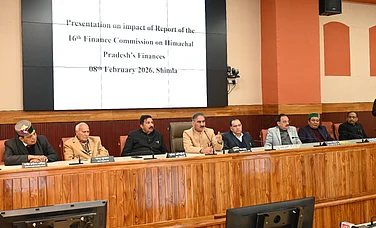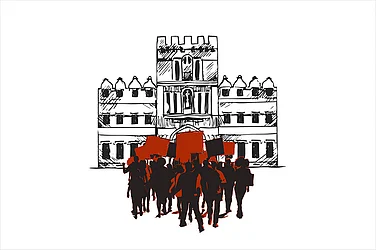In an extensive initiative, the Health and Family Welfare Department in Tamil Nadu organized 2,000 special medical camps across the state, identifying approximately 1,400 fever cases on a single Sunday. The state government, responding to the alarming tally of over 4,000 dengue cases and four related deaths this year, is intensifying mosquito control efforts. This includes increased fogging, recruitment of new workers for mosquito control, and a heightened focus on eliminating mosquito-breeding sites.
The Tamil Nadu government is also actively engaging in awareness programs to educate the public about mosquito-borne diseases. Around 1,000 special fever camps were conducted in areas with a high incidence of fever cases, totaling 2,183 camps that screened 1.42 lakh people.
Among those screened, 1,434 individuals were identified with fever, and 18 of them were referred for further treatment. Additionally, the camps identified 96 cases of diarrhoea.
In Chennai Corporation alone, 45 fever camps were held, screening 4,691 people and identifying 97 fever cases. Other districts also reported cases, with Tenkasi recording 151 cases, Coimbatore with 142 cases, and Villupuram with 106 cases.
Highlighting the gravity of the situation, Tamil Nadu Health Minister Ma Subramanian stated that over 23,000 daily temporary workers have been employed statewide for mosquito control. In Chennai, efforts are bolstered by 318 medical officers, 635 nurses, 954 permanent mosquito control workers, and 2,324 contract workers working collectively. The minister emphasized the availability of various equipment, including 424 sprayers, 120 power sprayers, 300 battery-operated sprayers, 324 hand fumigation machines, one small fumigation machine, and 68 vehicle-mounted fumigation machines in Chennai, all aimed at curbing the mosquito menace.
Moreover, Subramanian urged government hospitals to maintain ample supplies of life-saving drugs, blood test kits, blood components, and blood for treating various diseases. As the state grapples with the rising cases, these comprehensive measures, initiated through the 2,000 special medical camps, aim to mitigate the impact of mosquito-borne diseases and protect public health.


























